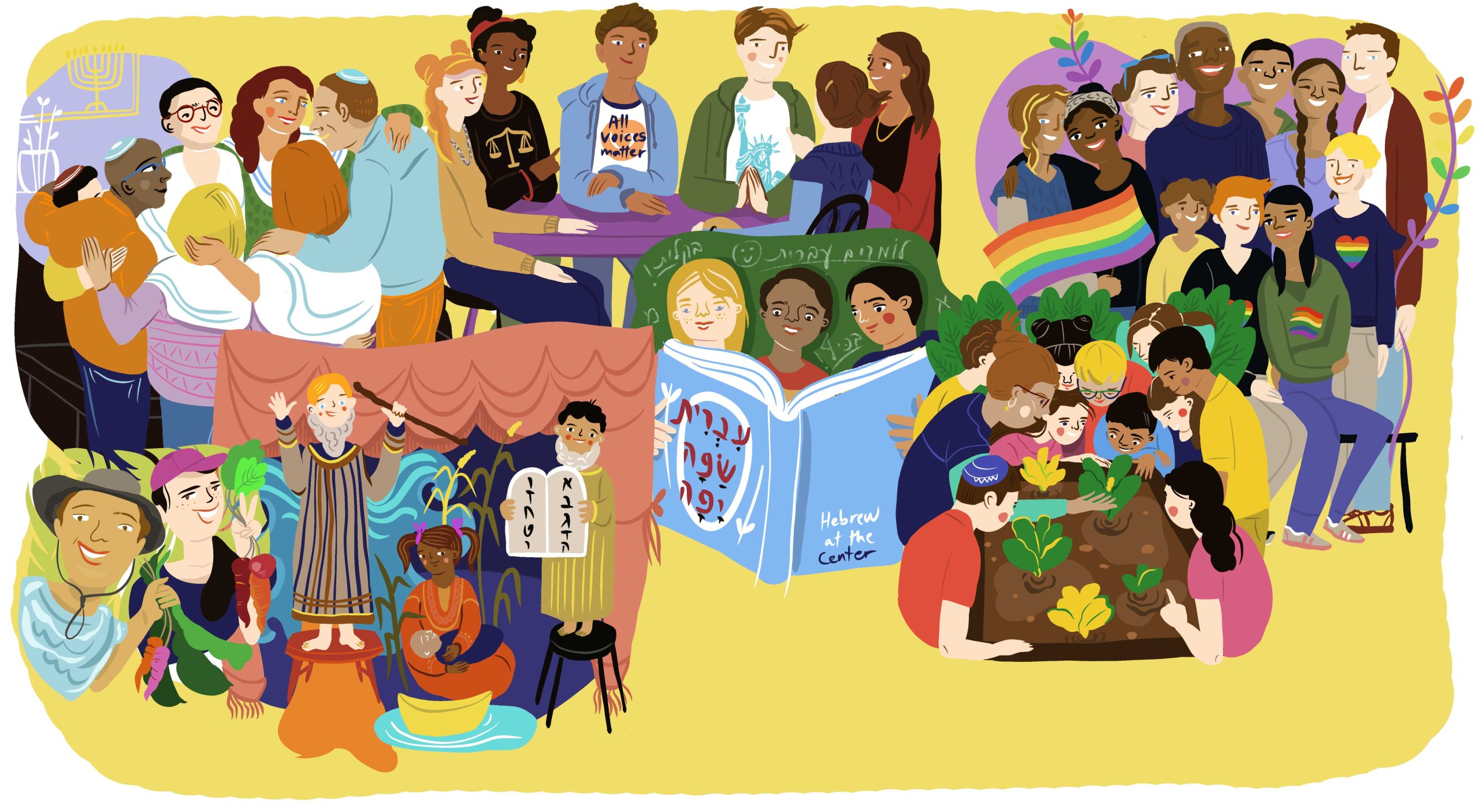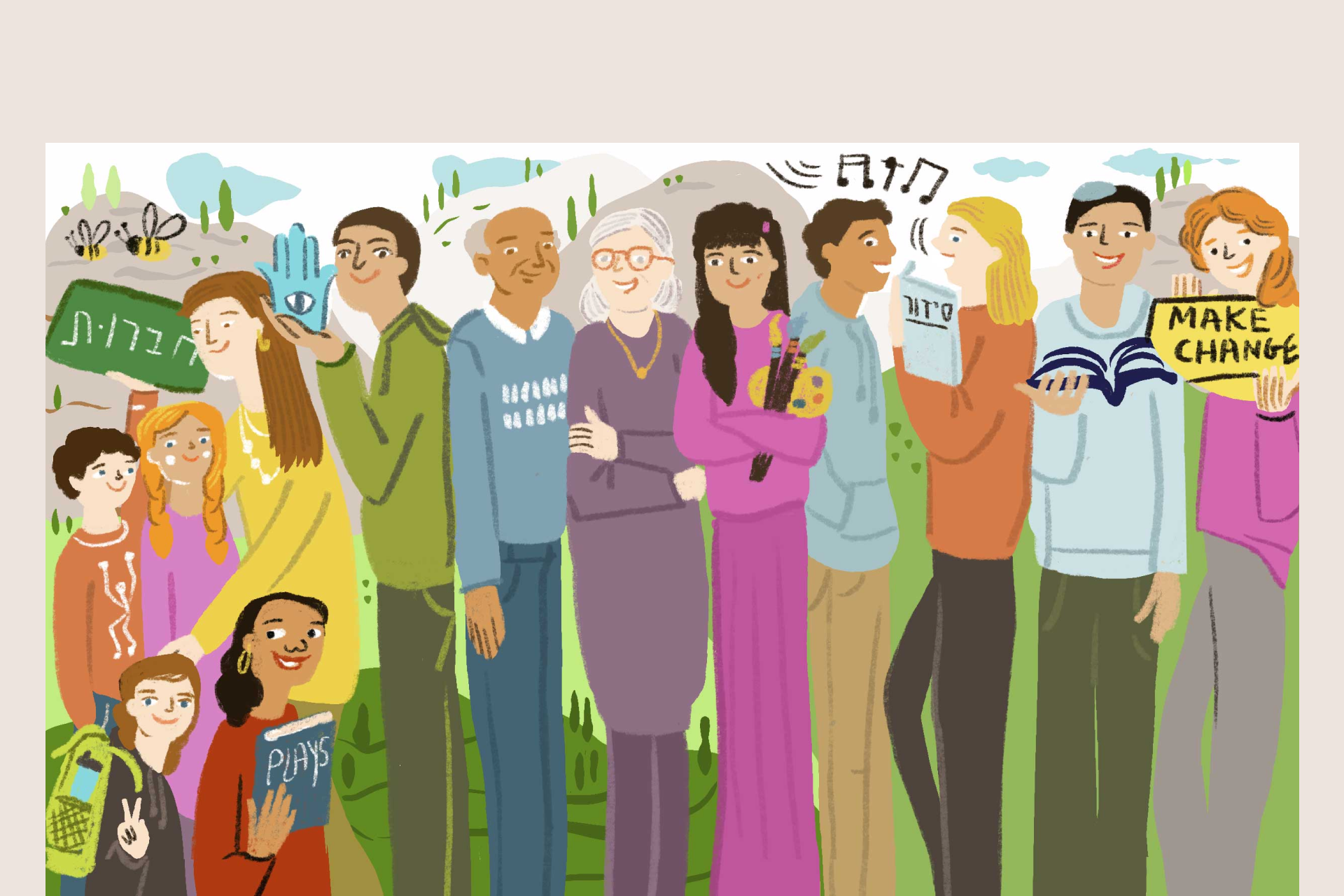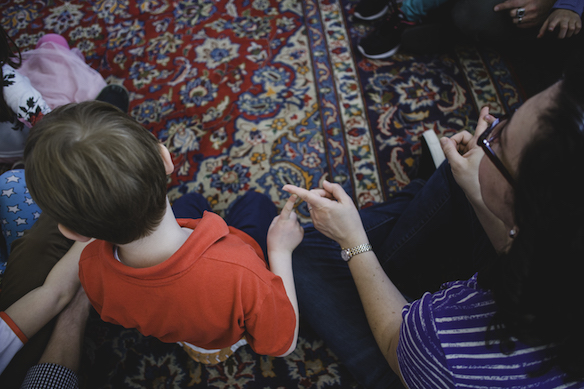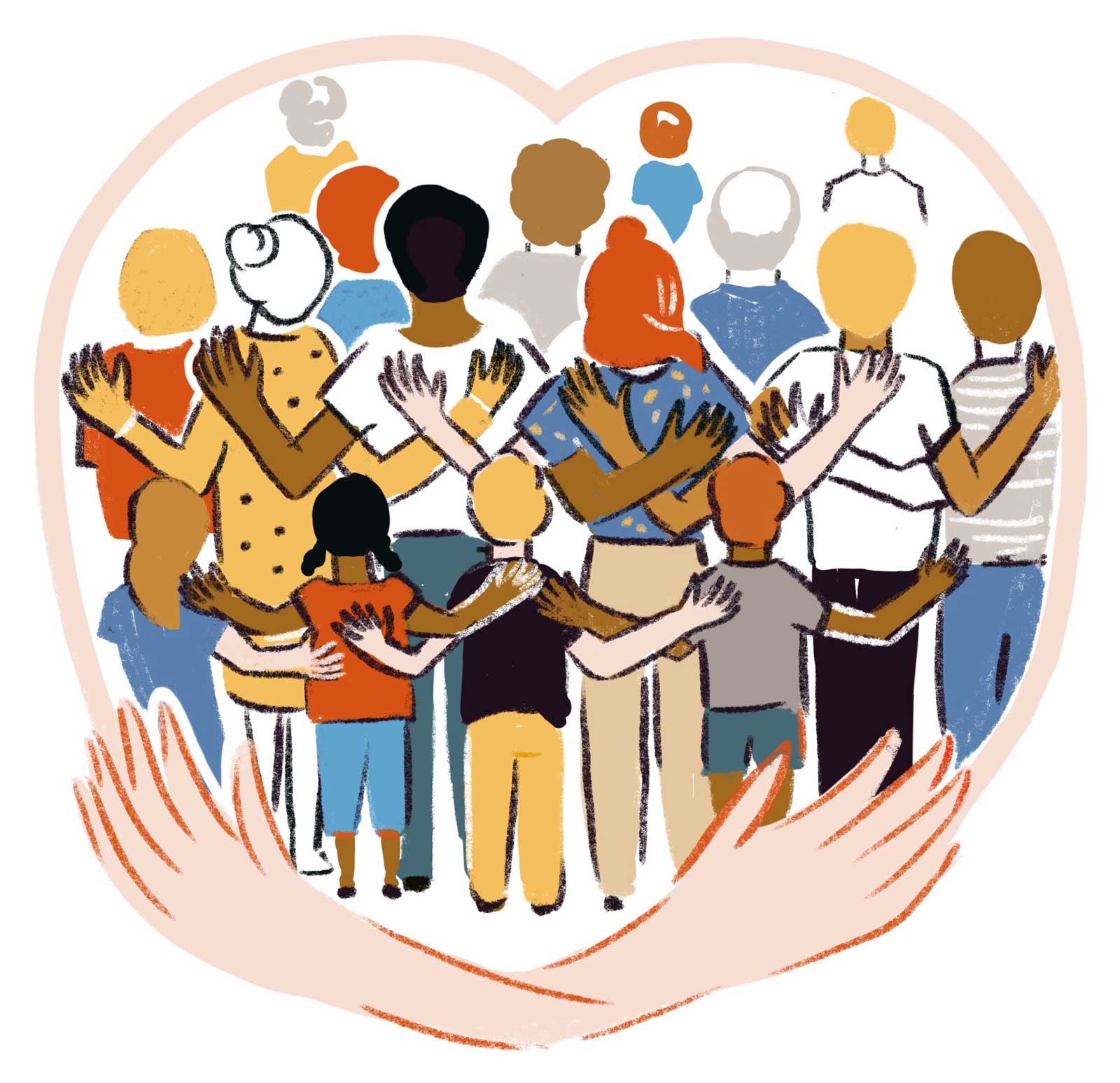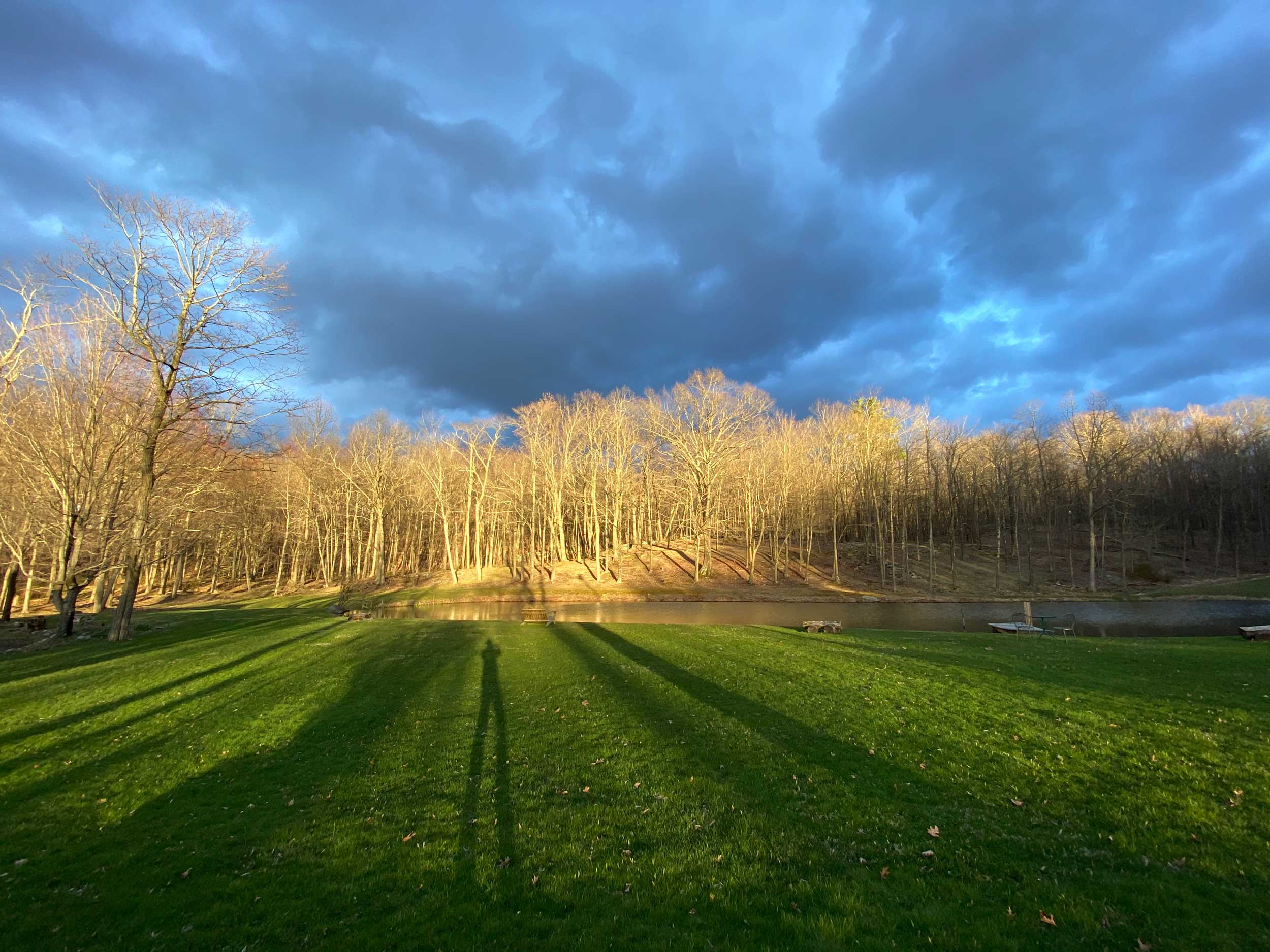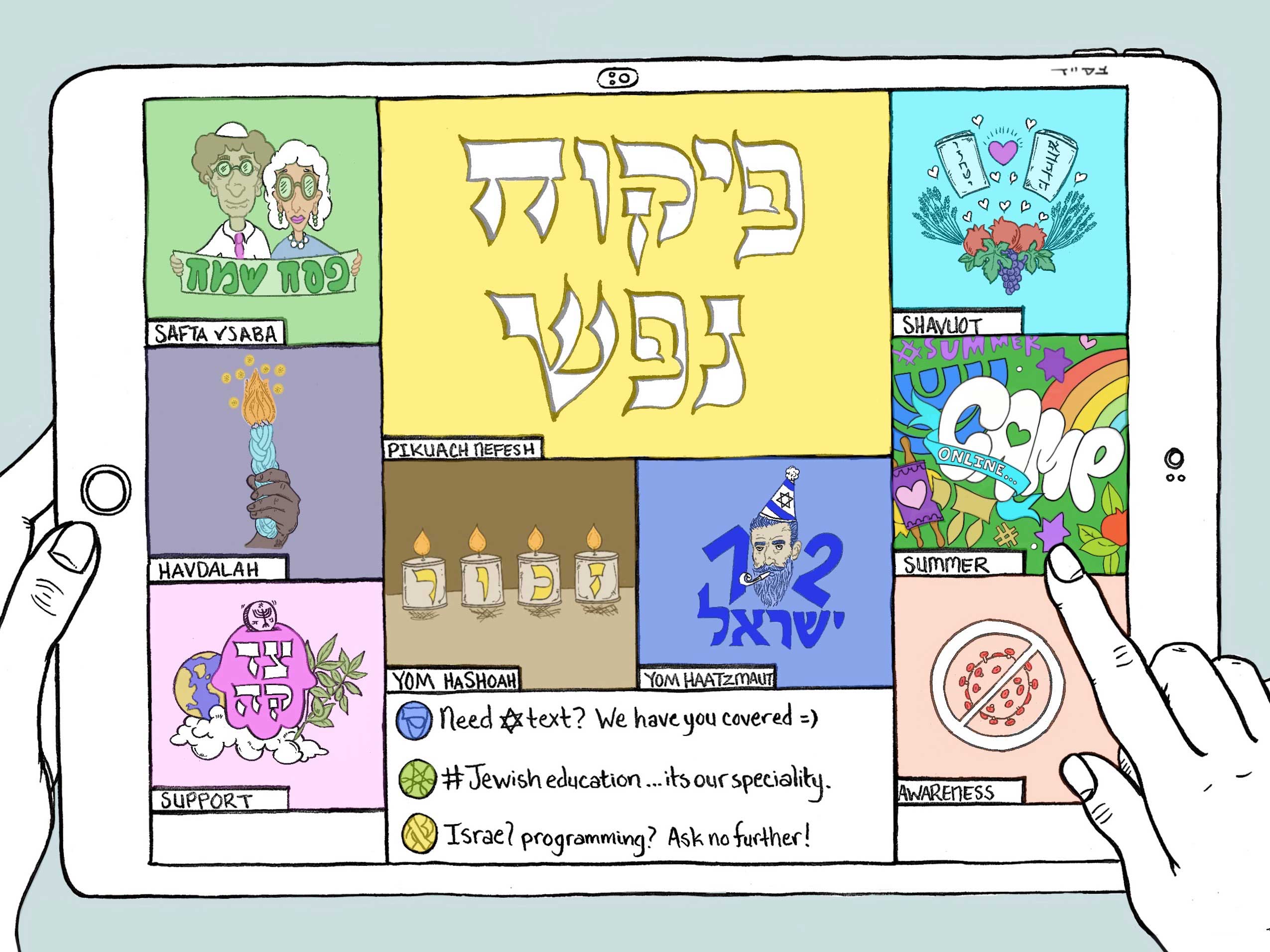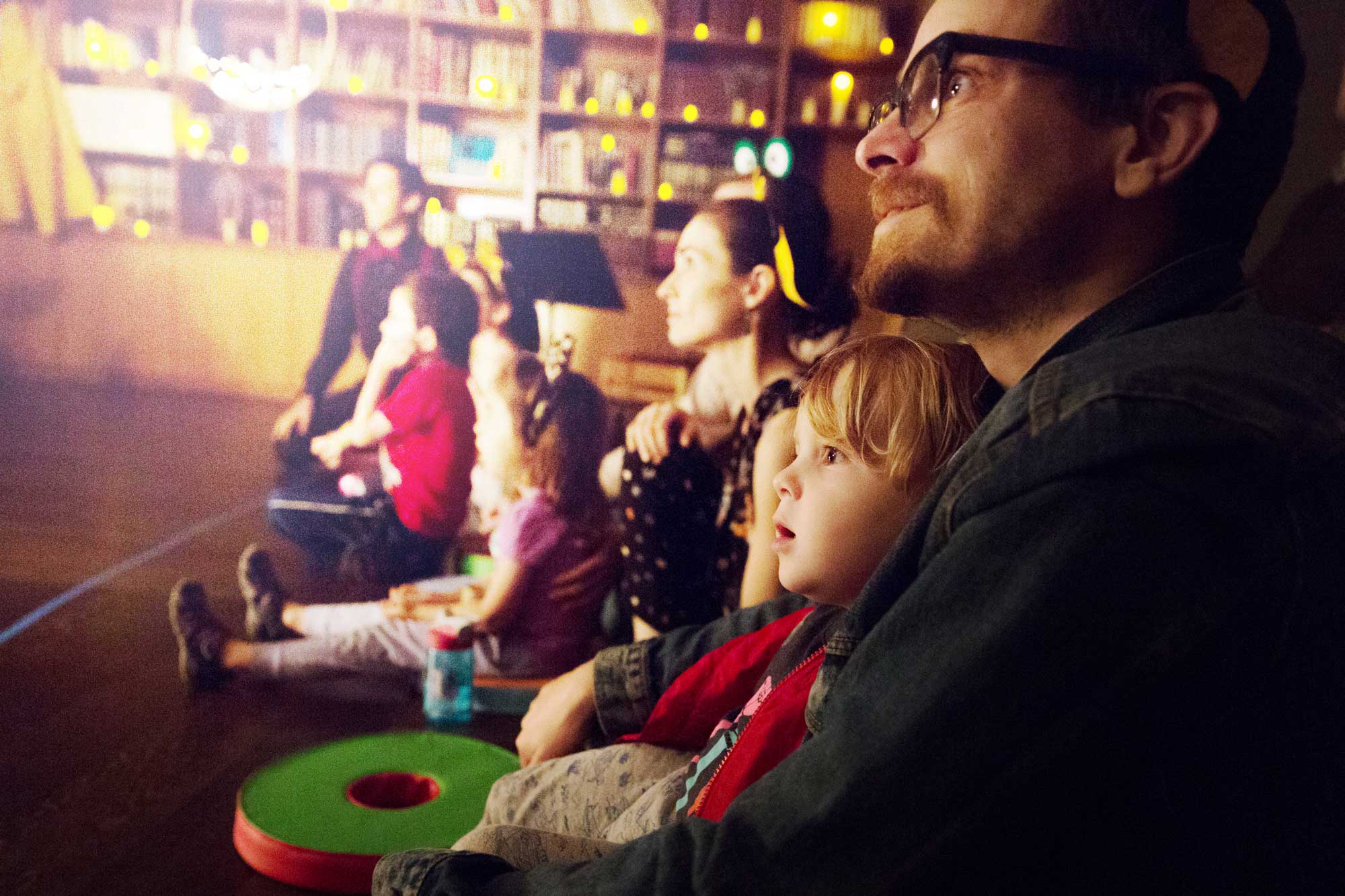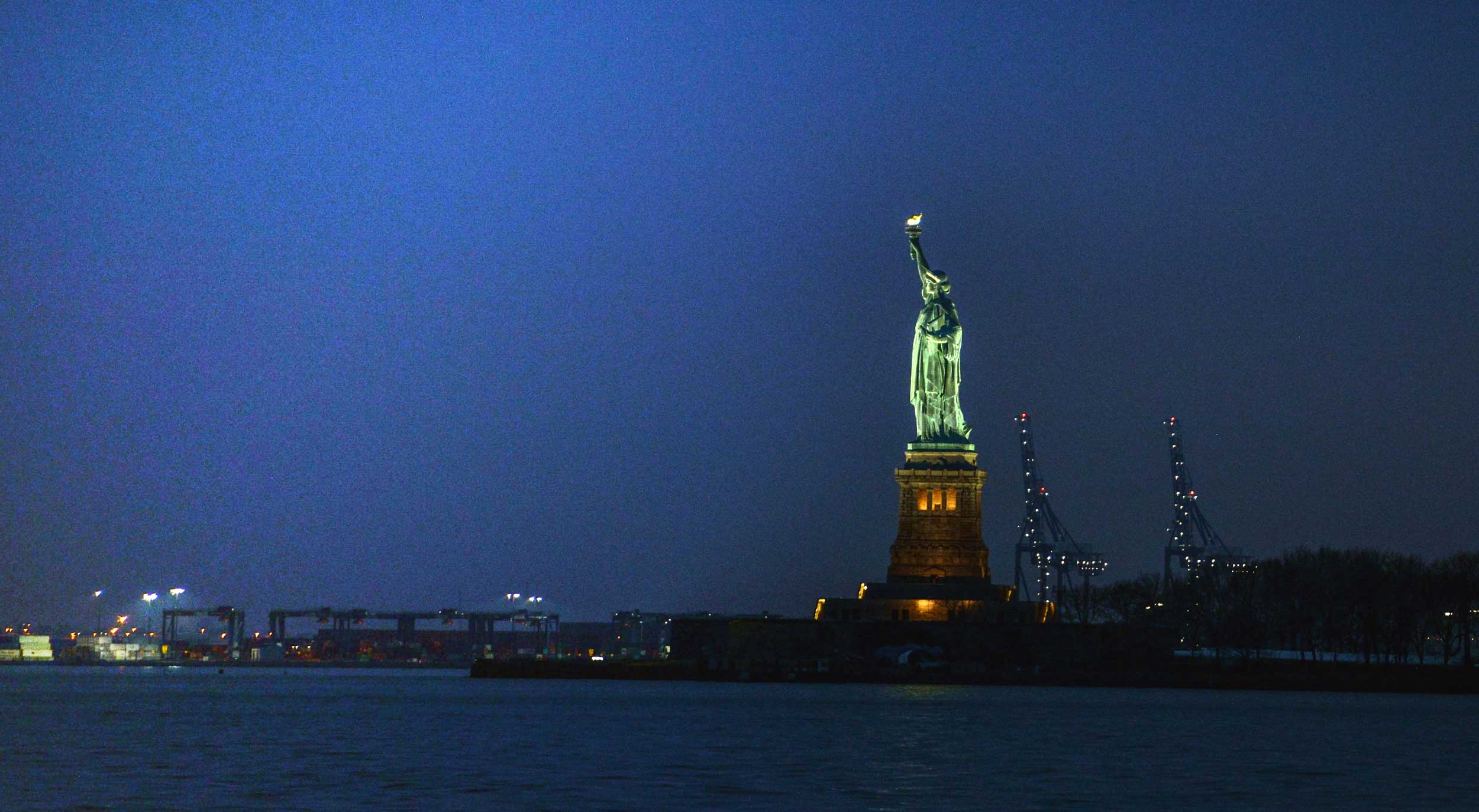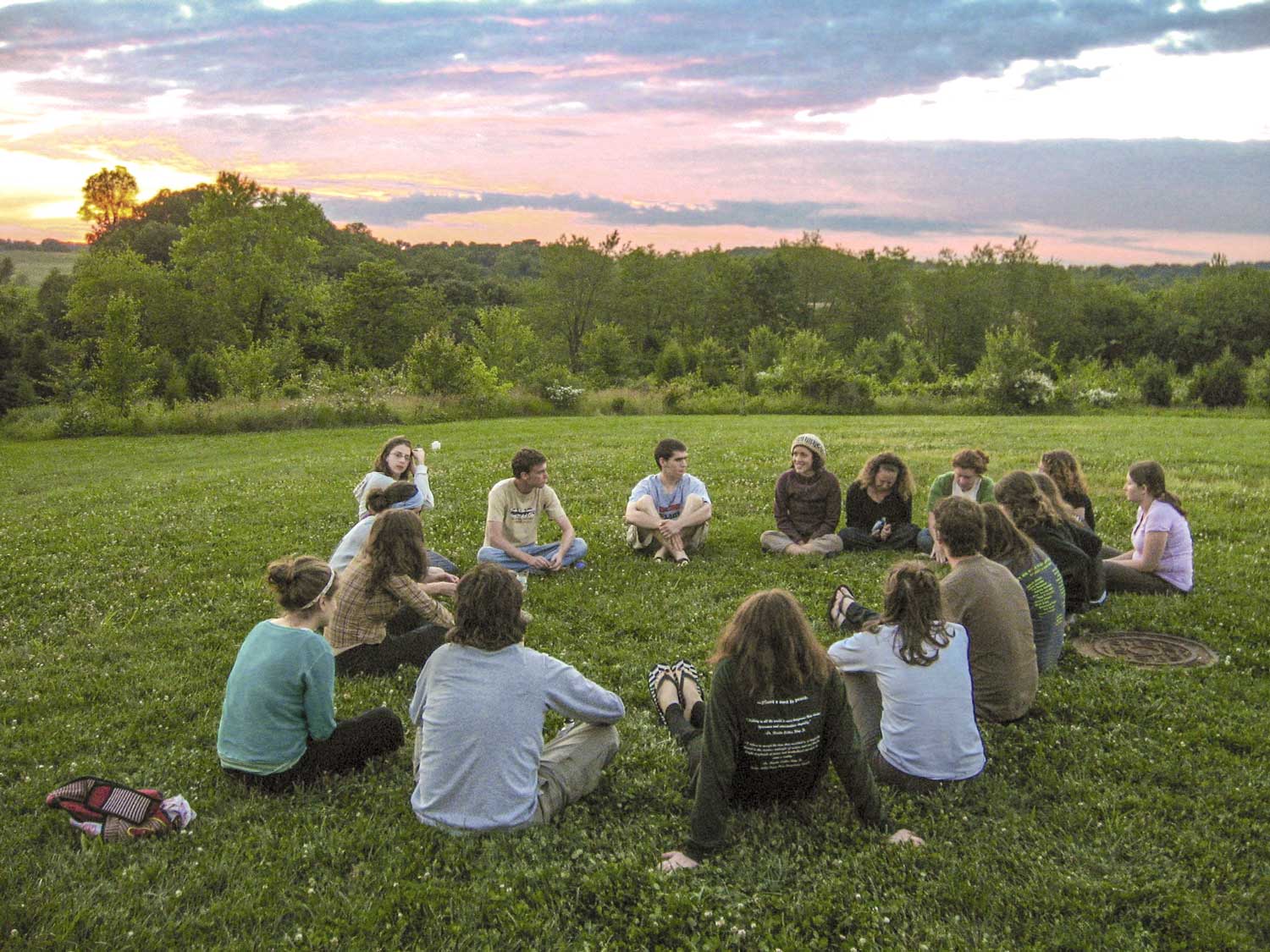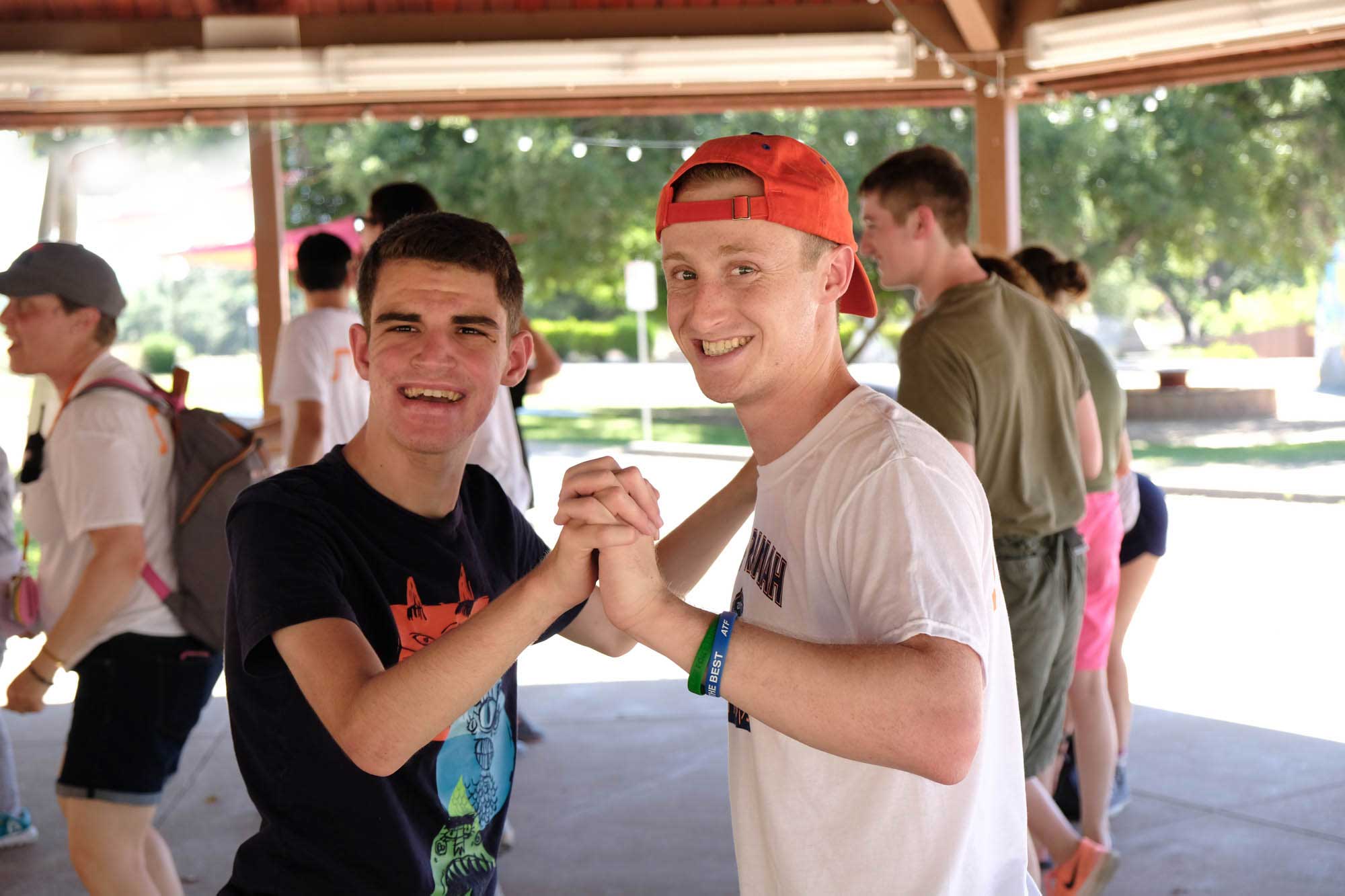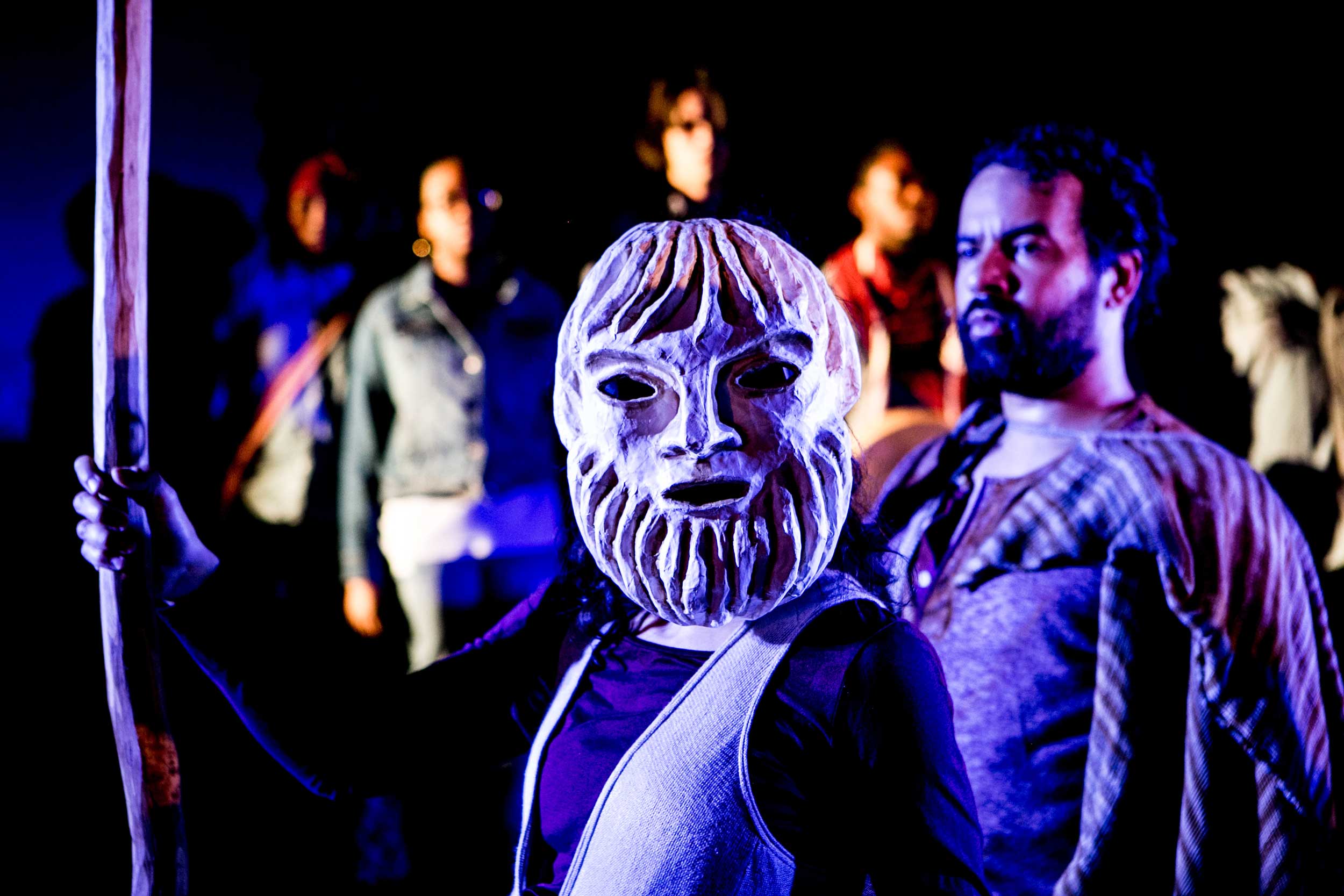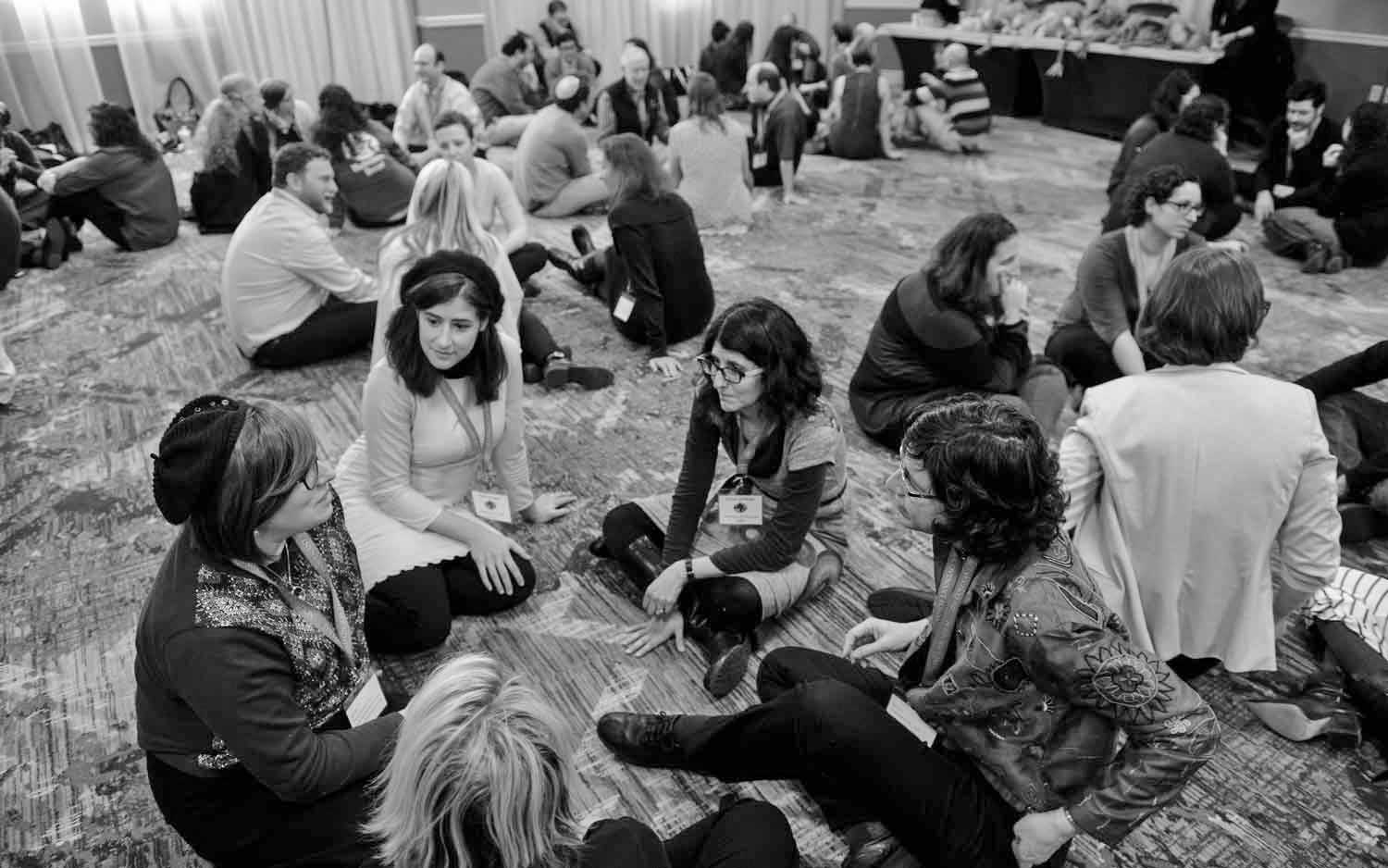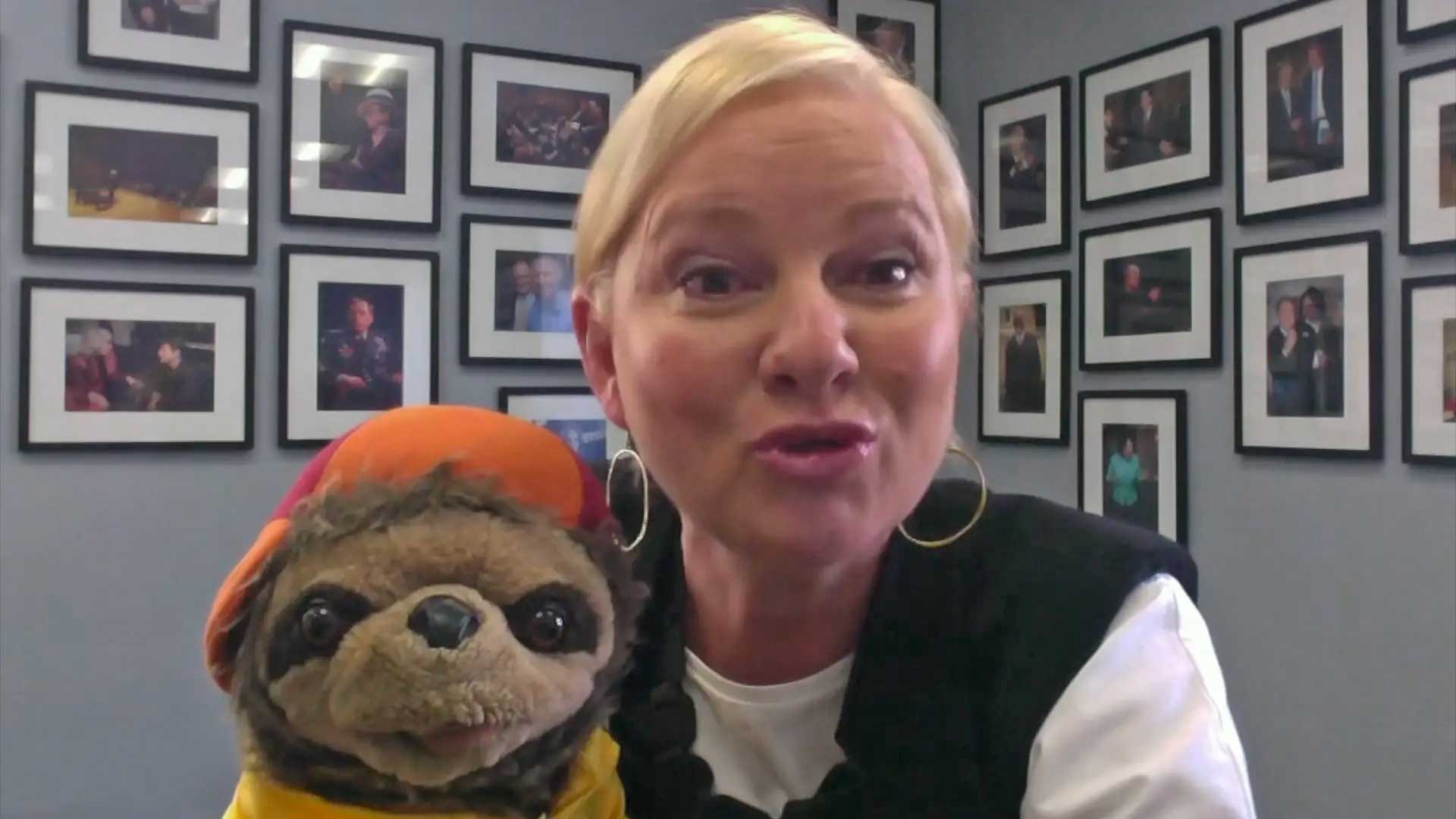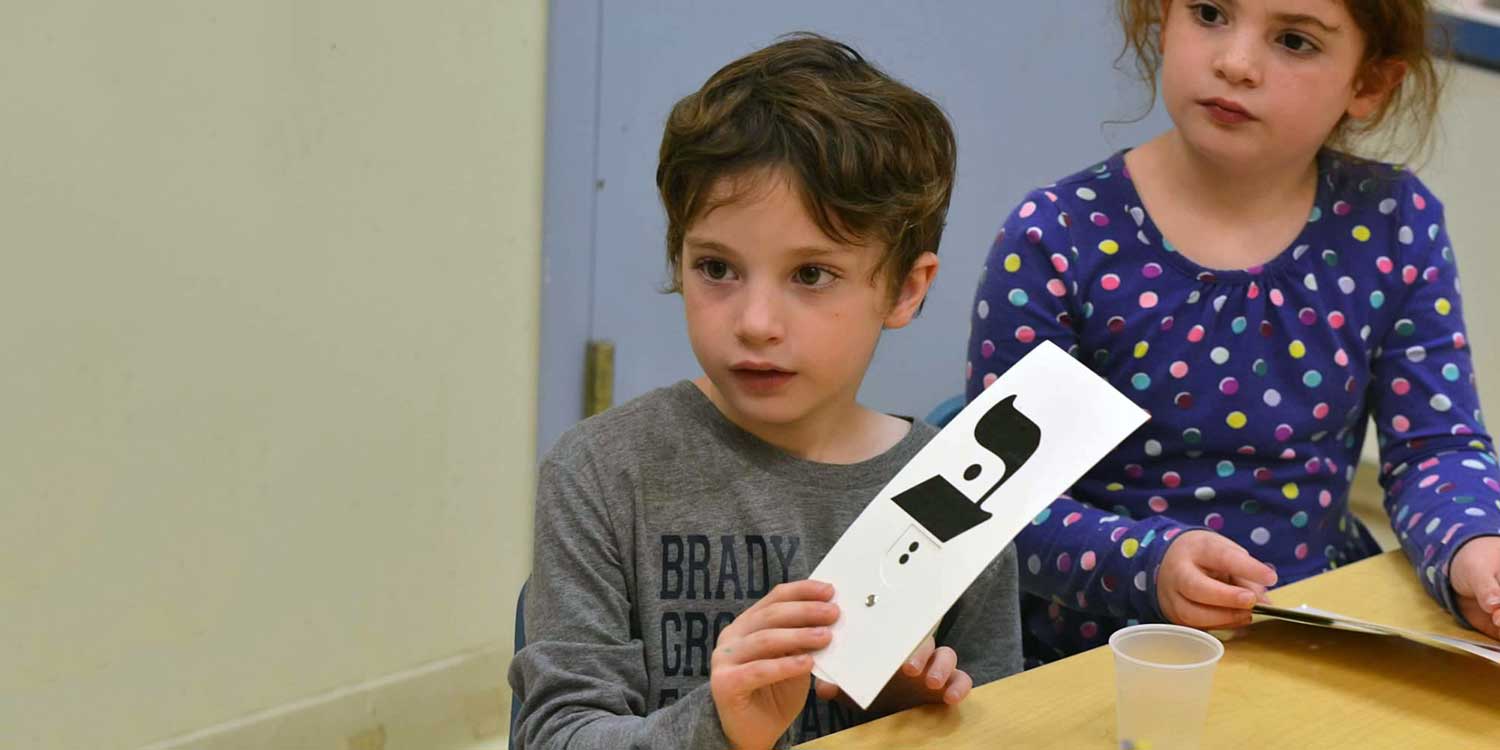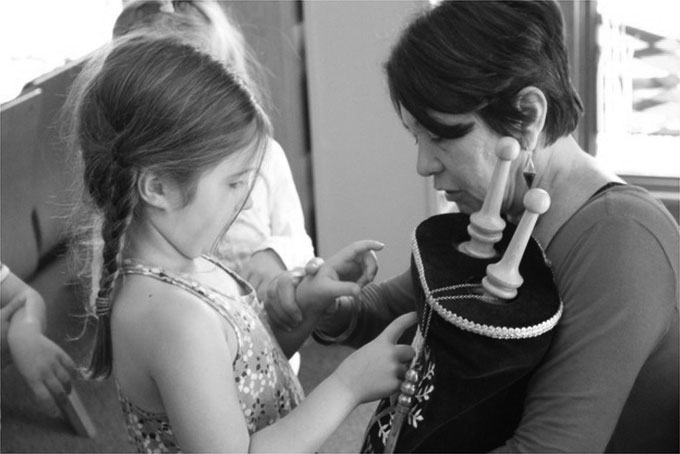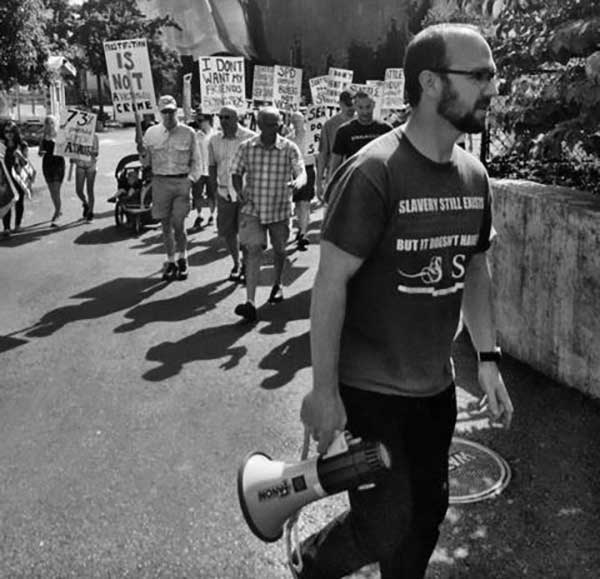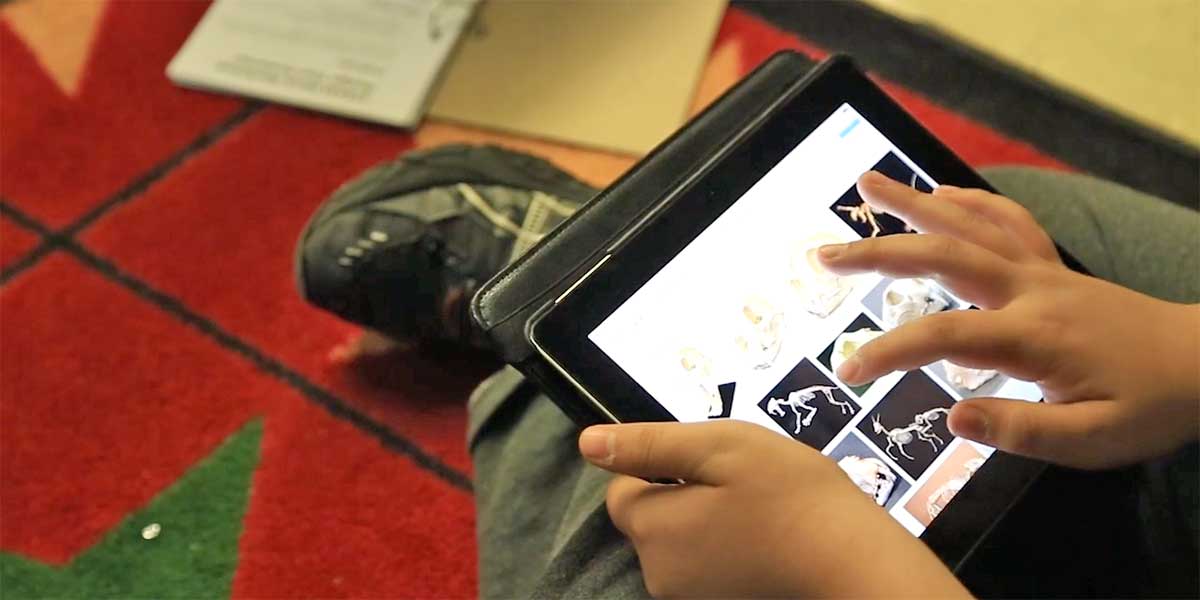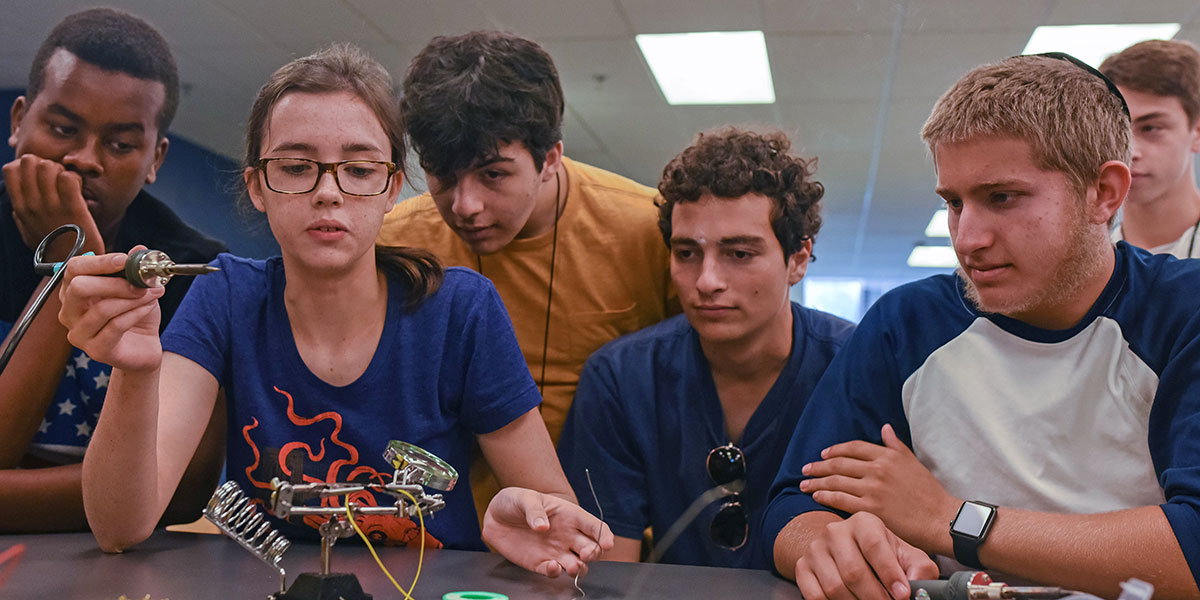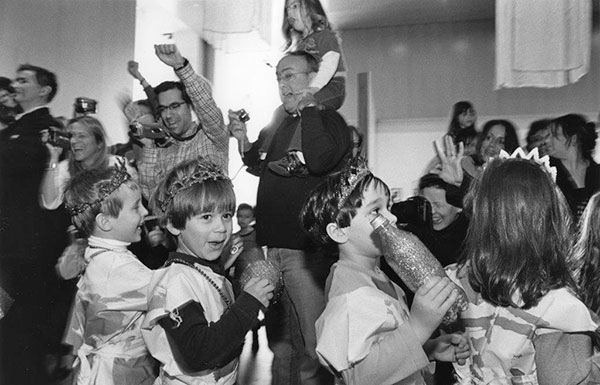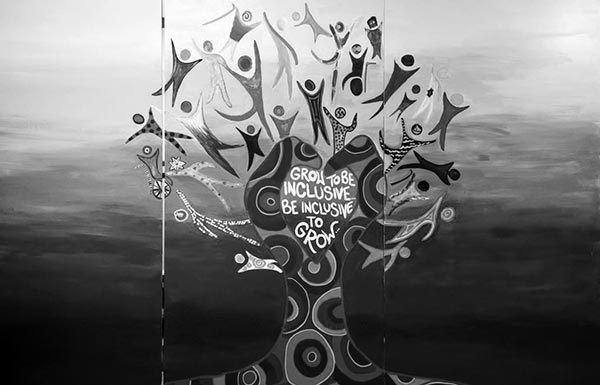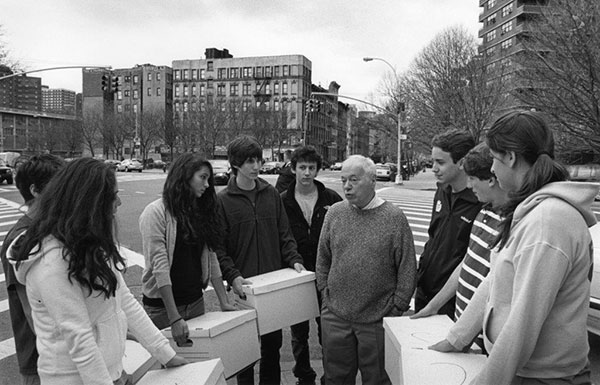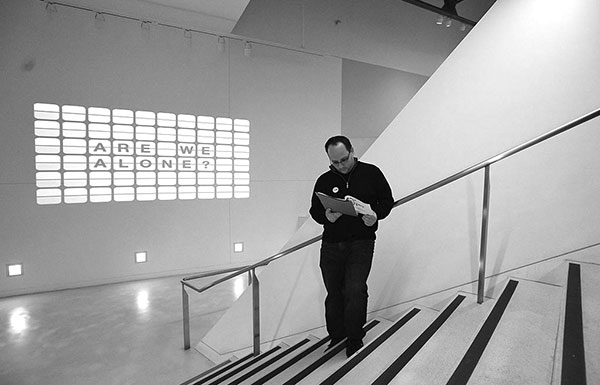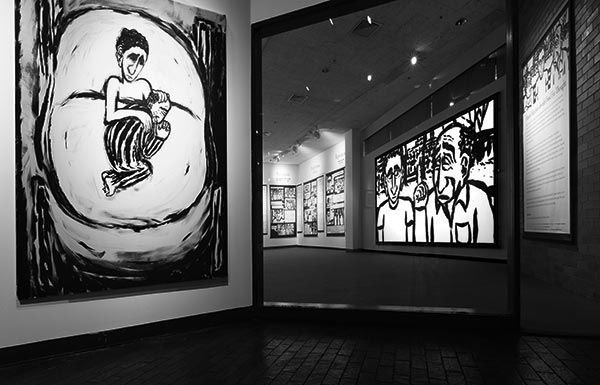ARTICLE Nurturing Leaders, Driving the Agenda: JFREJ at a Pivotal Moment
When Jews for Racial & Economic Justice created a Black Lives Matter haggadah supplement last year, written by Jews of color, Dove Kent, the group’s executive director, hoped it might reach a couple thousand people. It was downloaded more than 10,000 times, sparking conversation among perhaps tens of thousands of people gathered at seder tables across the country.
“What we saw is that people are hungry for this, and people are ready for it,” Kent said. “There have been so many Jews who have been really impacted by the movement for black lives and have been looking for a place to enter and be part of this movement. JFREJ has provided an opportunity for Jews of all races to engage in the movement for black lives in a collective and powerful way.”
As the Black Lives Matter movement has focused attention on America’s persistent, painful racial divides, the work that Jews for Racial & Economic Justice (or JFREJ, pronounced j-fridge) has pursued for a quarter century is suddenly at the center of the national conversation. Kent, who sharpened her change-making skills organizing for affordable housing and Jewish-Muslim solidarity, has found herself steering a growing organization at an exciting, pivotal time.
In the past year, JFREJ membership has nearly doubled, from 900 dues-paying members to about 1,600. New member orientations are now held eight times a year instead of two, to keep up with the surge in demand. Interest in JFREJ-led workshops and speaking engagements has picked up in New York City, where the group is based, and beyond.
“JFREJ has been working against racism for 25 years, in deep partnership with organizations led by communities of color,” Kent said. “That positions us in this moment to be really responsive to what’s happening. We are trying to use this opportunity to be in partnership with other Jewish organizations and to be a resource for the Jewish community.”
For Kent, the connection between Jewish community and social justice work has always felt natural. Her mother and both of her grandmothers were deeply involved in the Jewish community, and growing up in the Washington, D.C., suburbs, she acquired an early taste for activism while joining her mother at pro-choice rallies and marches on the Capitol.
“It was really formative for me to be exposed to activism, and exposed to the kind of collective power that can be built by people taking to the streets for themselves and their loved ones,” she said, adding, “Seeing women’s strong leadership in building and keeping a thriving, robust Jewish communal life really influenced my own trajectory, both towards doing justice work and doing work in service of Jewish community.”
As an undergrad at Washington University in St. Louis, Kent joined a group called Black Women, Jewish Women, in which participants discussed their experiences, histories and cultures. (Now, Kent cringes at the group’s name, which implies that women may be either black or Jewish, but not both.)
“That started to open me up to understanding anti-racism work, and thinking and learning about the role of white people in anti-racism work,” she said. It also taught her about the importance of mentorship and role models. It was through the group that Kent met Yavilah McCoy, an African American Jew who founded Ayecha, a non-profit (now closed) dedicated to promoting Jewish diversity and advocating for Jews of color.
“Here was this powerful Jewish woman with such vision around anti-racism and the kind of changes that need to happen,” Kent recalled. “There was something very powerful about being exposed to role models, and there was also something very powerful about being in relationship with peers.”
Kent sees an essential part of her mission, and that of JFREJ, as nurturing a “pipeline” of new and emerging leaders, particularly among Jews of color, Mizrahi Jews, poor and working class Jews, and young people and senior citizens.
“More and more, we are seeing that our role is one of training and leadership development, especially for emerging cohorts of activists,” she said.
Through the Grace Paley Organizing Fellowship, a dozen emerging leaders in their 20s and 30s hone their skills through in-depth training in organizational and political analysis, as well as hands-on work leading JFREJ campaigns. Their experiences echo Kent’s own, after she was chosen for the JOIN for Justice Jewish Organizing Fellowship, in Boston, a year after graduating from college.
“That’s when I moved from being an activist to being an organizer, and really learned how to be effective in the work,” she said. “It was transformative for me to learn the art and science of organizing. The protests and the marches and the demonstrations are, like, five percent of the work. That’s the public part of the work. Ninety-five percent of the work is the planning and the one on one conversations and the phone calls and the emails and the press and the meeting facilitation and the writing.”
Through the new JFREJ Youth Brigade, Jewish high school students develop leadership skills, participate in JFREJ initiatives like the Campaign for Police Accountability and learn about oppression in a program that infuses activism with culture and creativity. In language crafted to appeal to the target audience, a call for Youth Brigade applicants beckons, “Become a Jewish activist: build puppets, write songs, create theater, and rally the people for justice and liberation!”
In 2014, JFREJ created Jews of Color, Mizrahi and Poor and Working Class “caucuses,” enabling those who identify with those groups to strengthen their leadership skills, drive the agenda and connect over Shabbat dinners. There are now about 40 members of the Jews of Color Caucus.
“It’s turning JFREJ’s model inside out, in a sense,” Kent said. “All of our work is done with the communities directly impacted at the forefront of decision-making and leadership.”
JFREJ (with help from the Covenant Foundation) has also begun paying its interns, after determining that the common practice of offering unpaid internships “meant we were only offering leadership development to people who could afford to work for free,” Kent said.
Now, JFREJ, along with the Jewish Multiracial Network, is busy organizing the first Jews of Color National Convening, to take place in New York City in early May. Organizers are planning for 100 participants but may have to make room for more; 24 hours after a pre-registration email was sent, 150 people had signed up to indicate interest.
“We are at a crossroads, where the Jewish community is changing,” Kent said. “There is an opportunity for Jews of color to step into greater leadership within the community than ever before. But there are all of these hurdles in the way, including racism within the Jewish community.”
“There is a way in which the Jewish community has shifted right over the last generation, and I think that’s meant that a lot of young Jews feel that either they’re part of their Jewish community or they’re part of their social justice work,” Kent said. “We want to be part of the larger force that is pushing the Jewish community left and is creating opportunities for people to engage in social movements through the Jewish community.”
One obvious opportunity is Passover, with its powerful story of exile and liberation. This year, those who are interested can download not only last year’s haggadah supplement but another JFREJ project, assembled by a diverse group of Jews: a full-fledged haggadah centered on the theme of racial justice. It will explore not only the traditional Passover questions but some new ones, like “What does it take to be free?” and “What does freedom look like now, in the context of black liberation?”
The idea is “to have the Jewish community be a vehicle for change,” Kent said. “I think that young Jews are wanting that more and more, and they need more and more opportunities.”


